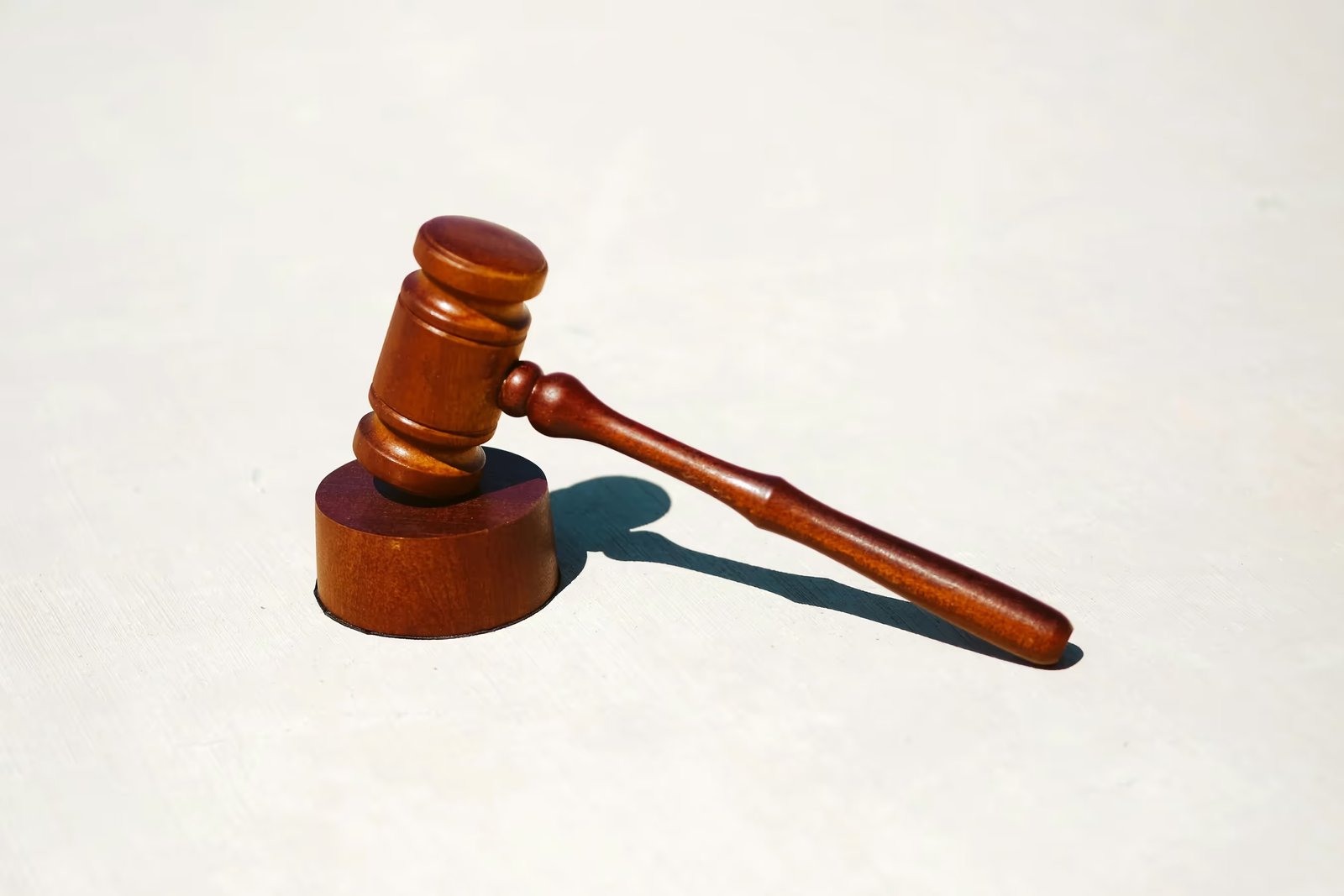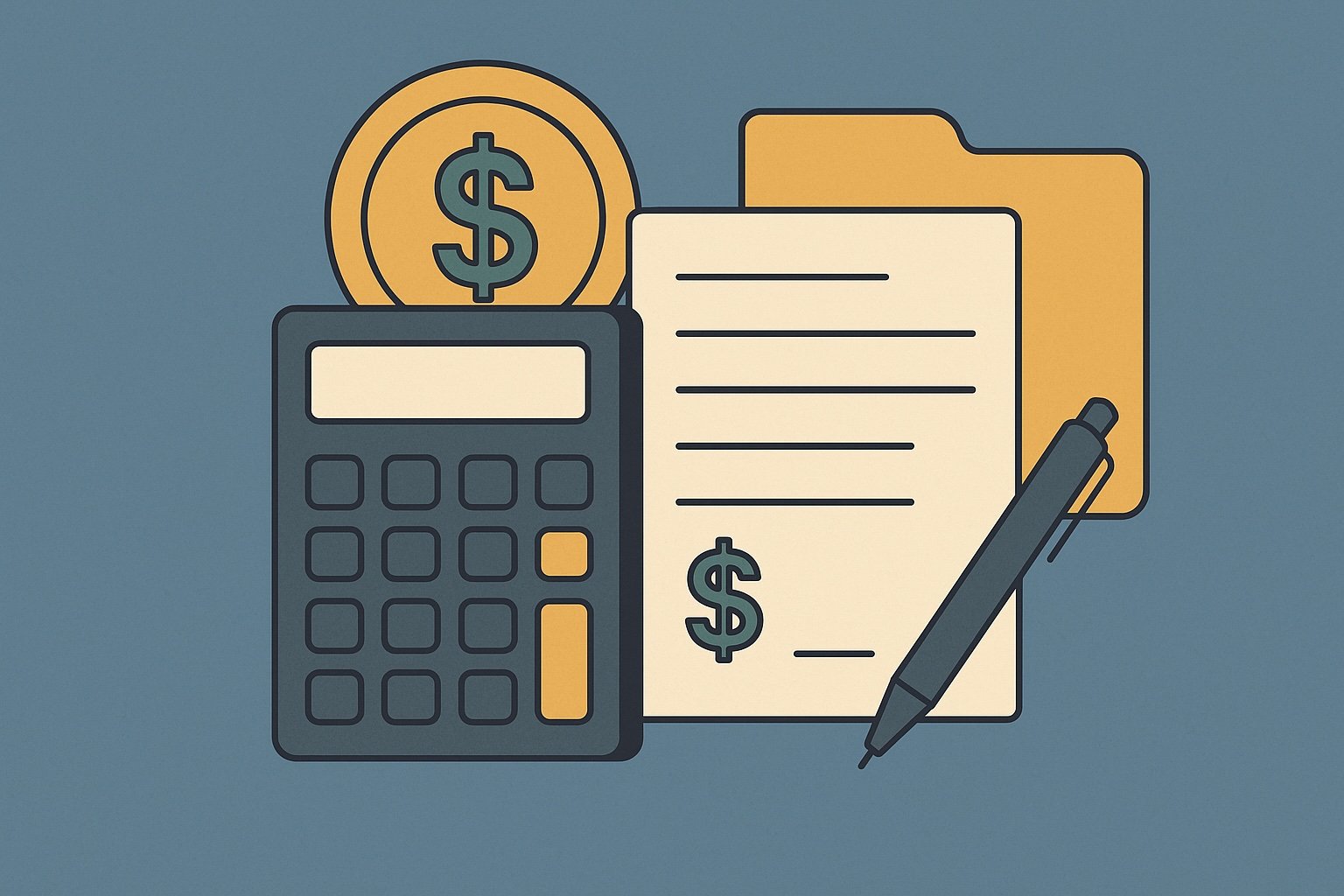Question
ARTE's Answer
The frequency with which you can perform a 1031 exchange is not limited by the IRS. As long as you adhere to the rules and requirements set forth under Section 1031 of the Internal Revenue Code, you can engage in multiple exchanges over time. This flexibility allows investors to continually defer capital gains taxes while reinvesting in new properties, thereby maximizing their investment potential.
To illustrate, let’s consider an example where you, as an investor, decide to engage in a series of 1031 exchanges using Deferred.com as your qualified intermediary.
Imagine you own a commercial property valued at $500,000, which you initially purchased for $300,000. You decide to sell this property and use the proceeds to acquire a larger commercial property worth $700,000. By utilizing a 1031 exchange, you defer the capital gains tax on the $200,000 gain from the sale of your original property.
With Deferred.com facilitating the exchange as your qualified intermediary, you successfully complete the transaction. Now, let’s say a few years later, the value of your new property has appreciated to $900,000. You decide to sell it and exchange into an even larger property valued at $1,200,000. Again, you can defer the capital gains tax on the appreciation by conducting another 1031 exchange, with Deferred.com handling the process.
This cycle can continue indefinitely, allowing you to defer taxes and reinvest your gains into increasingly valuable properties. The key is to ensure that each exchange complies with the 1031 exchange rules, such as identifying the replacement property within 45 days and completing the exchange within 180 days.
By using Deferred.com as your qualified intermediary, you benefit from our "No Fee Exchange" service, which saves you money and ensures a smooth transaction. Our expertise in handling 1031 exchanges means you can focus on growing your real estate portfolio without worrying about the complexities of the exchange process.
In conclusion, there is no limit to how often you can perform a 1031 exchange, provided you follow the IRS guidelines. This strategy allows you to defer taxes and reinvest in new properties, ultimately building wealth over time.
Have more questions? Call us at 866-442-1031 or send an email to support@deferred.com to talk with an exchange officer at Deferred.
Sources
- Goolsby v. Commissioner
- Deferring Losses On The Sale of Property Using 1031 Exchanges
- Rev. Rul. 2002-83 (Related Party Exchanges)
- TAM 200039005 (Failed Reverse Exchanges)
- Evolution of Section 1031 Exchanges
- What To Do About Exchange Expenses in a Section 1031 Exchange? (Article)
- Split Treatment Transactions - Obtaining Deferral Under Section 1031 & Exclusion Under Section 121 (Article)
1031 Question? Ask ARTE
Deferred's AI 1031 Research Assistant is trained on 8,000+ pages of US tax law and outperforms human CPAs by 22%+
CHAT NOW
Learn More
See more frequently asked questions about 1031 exchanges








